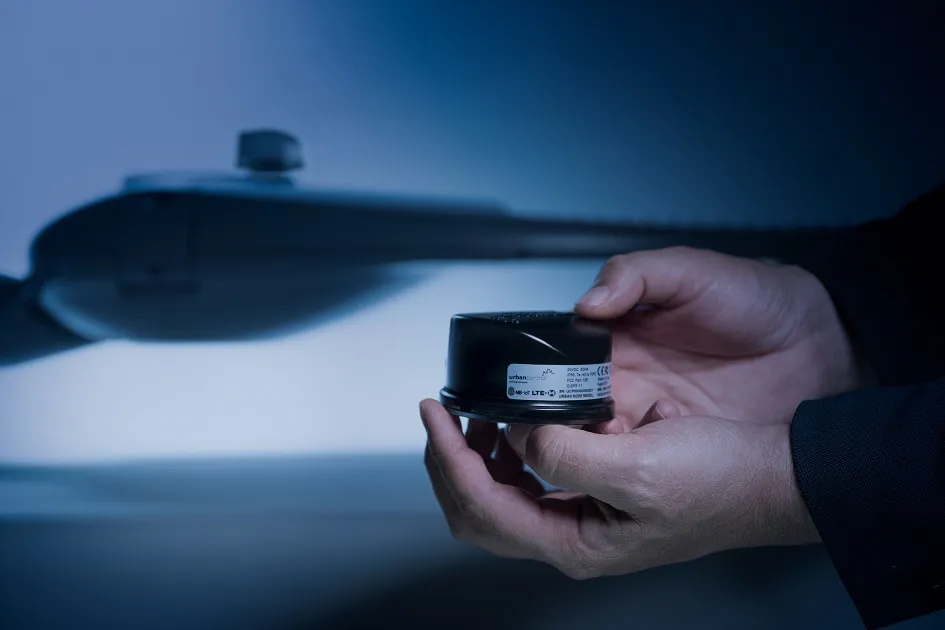
Urban Control says it has developed the world’s first plug-and-play IoT LED streetlight luminaire controller that can scale-up to millions of lights.
The company says that the controller, Urban Node 324, is also quick to install and deliver all the benefits of smart city LED street lighting. This includes the ability to precisely control brightness and thus energy consumption and costs, depending on actual local conditions.
They respond to sudden changes in pedestrian numbers or road traffic and can monitor energy consumption in real-time. They also identify and even pre-empt faults and precisely target maintenance crews – again reducing operating costs and unnecessary maintenance.
“Unlike traditional smart city lighting installations that require a specialised network to be built, the Urban Node 324 Cellular works straight out-of-the-box just like a smartphone,” says Miguel Lira, Urban Control’s innovation and development director.
“This makes it commercially and technologically viable for any size installation because it does not require the operator to build their own wireless IoT network or become a wireless IoT network operator themselves. This brings all of the benefits of smart lighting to small clusters of streetlights all the way up to massive, multi-million node capital city-sized installations,” he says. “This is truly a game changer in the smart city streetlighting industry.”
Each Urban Node 324 Cellular city streetlight LED luminaire controller includes the Nordic Semiconductor nRF9160 multi-mode NB-IoT/LTE-M System-in-Package (SiP) and plugs into an industry-standard Zhaga LED lighting socket. They then connect over the local cellular IoT network allowing them to be remotely controlled by any smart city central management system (CMS) based on the common TALQ standard.
The operational simplicity of each Urban Node 324 comes from them being engineered to work via a lightweight-machine-to-machine (LwM2M) platform called ALASKA from IoTerop, an IoT device management and security specialist. This leverages the two most common smart city IoT standards: uCIFI and TALQ. Additionally, it uses state-of-the-art embedded design engineering to minimize on-air bandwidth and get power consumption levels low enough to support battery-powered smart city sensors and devices.
Urban Control provides solutions to make infrastructure assets intelligent. That means streetlights that sense their environment and adapt to citizen’s needs, rail stations that guide people safely to their destination and sensors that monitor the safety and condition of highway assets. The company is part of the DW Windsor Group, a UK lighting manufacturer and innovator that was recently acquired by Luceco, another UK company and which supplies high-efficiency and energy-saving LED luminaires.
Nordic Semiconductor is a semiconductor company specialising in ultra-low power wireless technology for the IoT.








